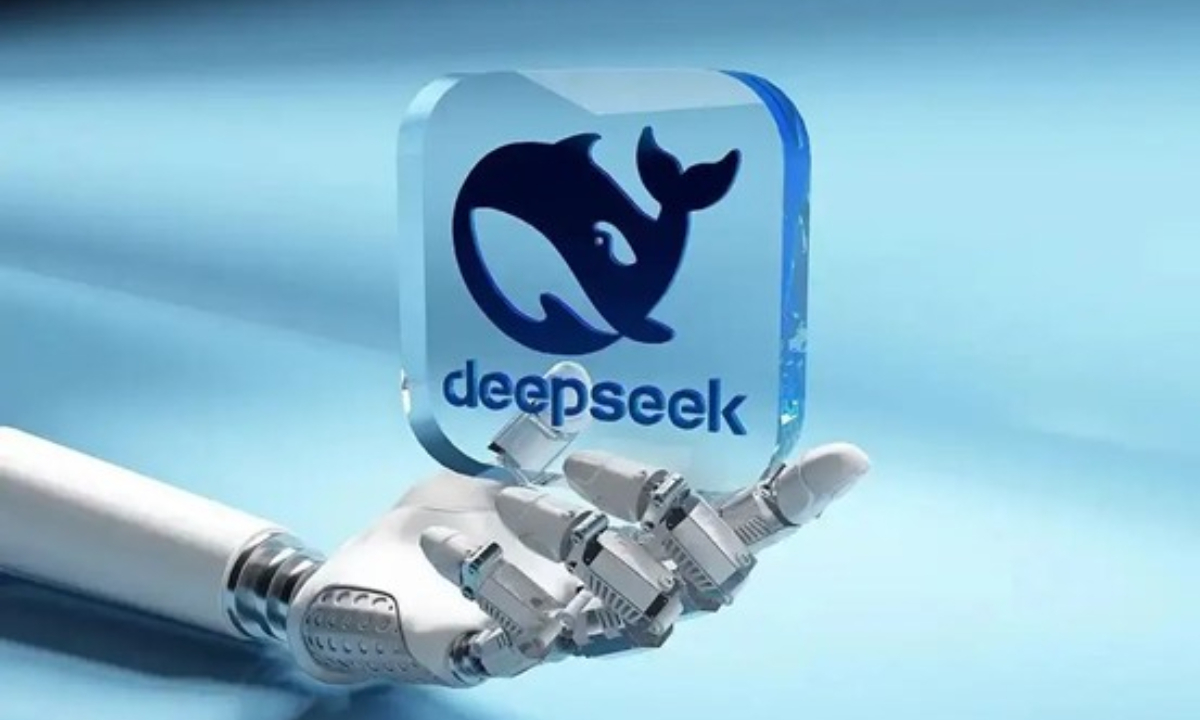Leadership Change After Ms. Dai Juy's Passing

The recent announcement regarding the shift in effective control at the company following the tragic passing of Ms. Dai Juy represents a pivotal moment for stakeholders. Ms. Dai was not just a pivotal figure in the company; her stewardship was integral to its identity and operational direction. With her son, Mr. Tao Hai, inheriting a substantial shareholding—93,790,457 shares, to be precise—this transition raises questions about continuity and the long-term strategy of the company amid an environment increasingly sensitive to governance issues.
Ownership transitions, particularly ones influenced by significant life events, often lead to volatility in investor sentiment, and this case is no exception. Historical precedents such as the 2008 financial crisis illustrate the widespread repercussions that governance instability can create, not just for the entity involved but across the sector it operates in. The issues here are two-fold: first, the protracted timeline for share transfer and the inherent uncertainties tied to it, and second, how Mr. Tao will assert his leadership and vision moving forward. Investors may be understandably cautious, especially as the complexities surrounding the inheritance process are likely to delay not only governance decisions but could also lead to a period of strategic paralysis.
The impacts of this leadership change are multi-dimensional, affecting various market participants including investors, regulators, and consumers. For investors, the primary concern revolves around potential disruptions in corporate strategy and operational execution. If ownership transitions are delayed, this might inhibit timely strategic decisions, influencing everything from investment choices to partnerships. In terms of regulatory scrutiny, a change in control could prompt regulators to examine the stability of ownership structures more closely, potentially raising compliance issues that would otherwise remain dormant. Moreover, the company will need to reassure consumers who may perceive instability as a signal of reduced reliability. Thus, how effectively the new leadership navigates through this period of uncertainty will significantly influence stakeholder perception and company performance moving ahead.
Read These Next

Credit Ratings Send Mixed Signals for Investment Strategies
The article discusses the recent credit ratings update for a company by major agencies, highlighting concerns and the implications for investors and stakeholders.

Alibaba and DeepSeek Unveil New AI Models to Boost Adoption
Alibaba and DeepSeek have launched upgraded AI models to enhance adoption across industries and democratize access to technology.

Chinese Cities See Surge in Tax Refunds from Inbound Tourism
Tax refund applications in China surged, with Shanghai seeing a 168% rise in 2025, boosting inbound tourism post-pandemic.
